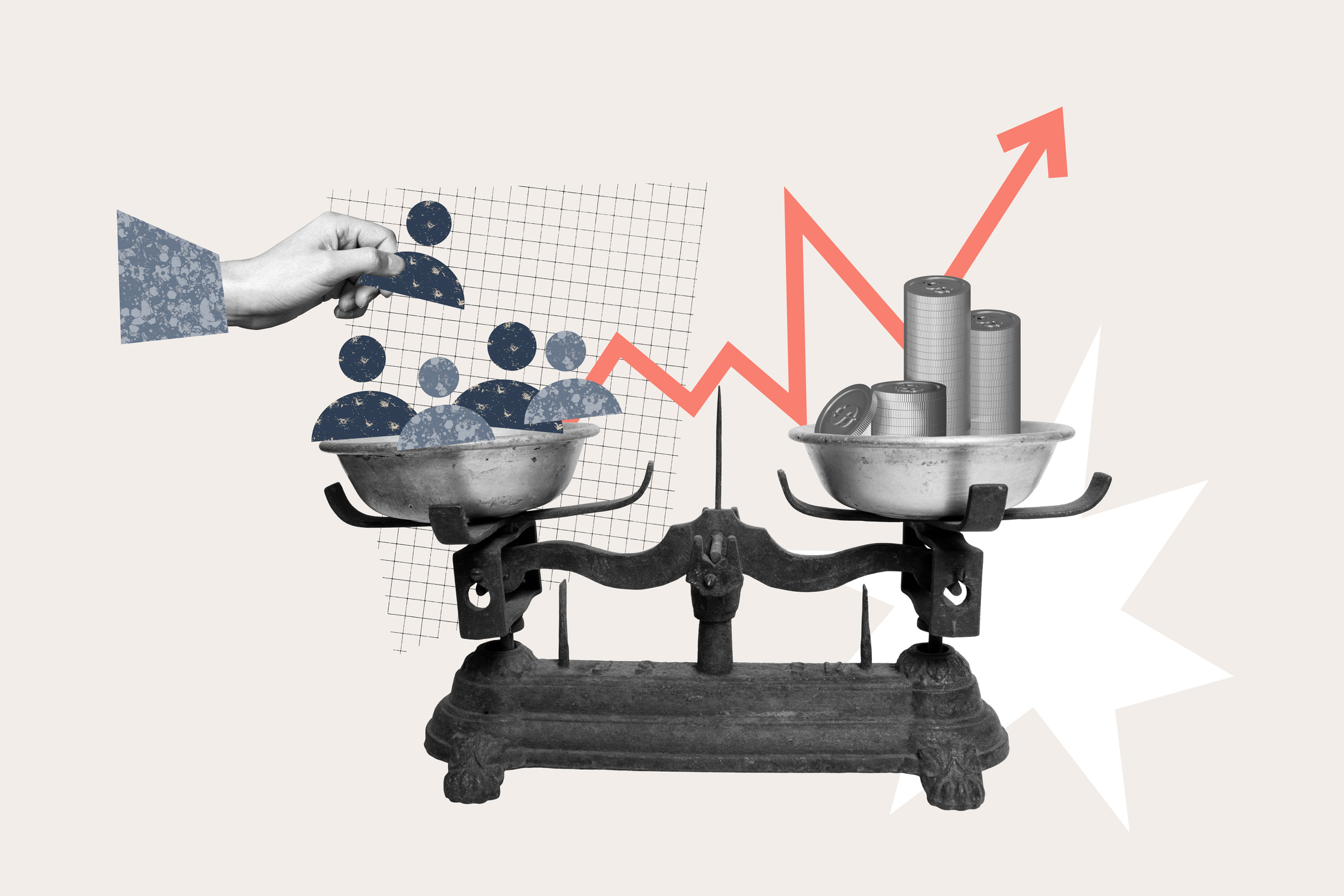The Senate Ways & Means Committee is holding a public hearing today on the Governor’s capital gains tax proposal (SB 5129). Despite the fact the Internal Revenue Service (IRS) and every other state revenue department in the country calls a capital gains tax an income tax, supporters in Washington continue to call it an “excise tax.”
Nonpartisan legislative staff released their bill report for SB 5129 today saying:
“Under the federal tax code, individuals and corporations pay income tax on the net total of all their capital gains just as they do on other sorts of income. For individuals, the amount of federal CGT depends on both the tax bracket of the individual and the amount of time the capital asset was held before being sold…
In addition to the federal tax, capital gains are often subject to state income taxes. Most states do not have separate capital gains tax rates. Instead, most states tax capital gains as ordinary income subject to the state's income tax rates.”
This accurate description of what capital gains taxes are is reflected by the fact the definition of taxable capital gain in the bill is:
“‘Federal net long-term capital gain’ means the net long-term capital gain reportable for federal income tax purposes.”
The bill further describes the state capital gain tax reporting requirement as:
“In addition to the Washington return required to be filed under subsection (1) of this section, taxpayers owing tax under this chapter must file with the department on or before the date the federal return is required to be filed a copy of the federal income tax return along with all schedules and supporting documentation.”
Does any of this sound like an “excise tax” to you?

As a reminder, here is what the IRS says about capital gains taxes:
“This is in response to your inquiry regarding the tax treatment of capital gains. You ask whether tax on capital gains is considered an excise tax or an income tax? It is an income tax. More specifically, capital gains are treated as income under the tax code and taxed as such.”
Any questions?






